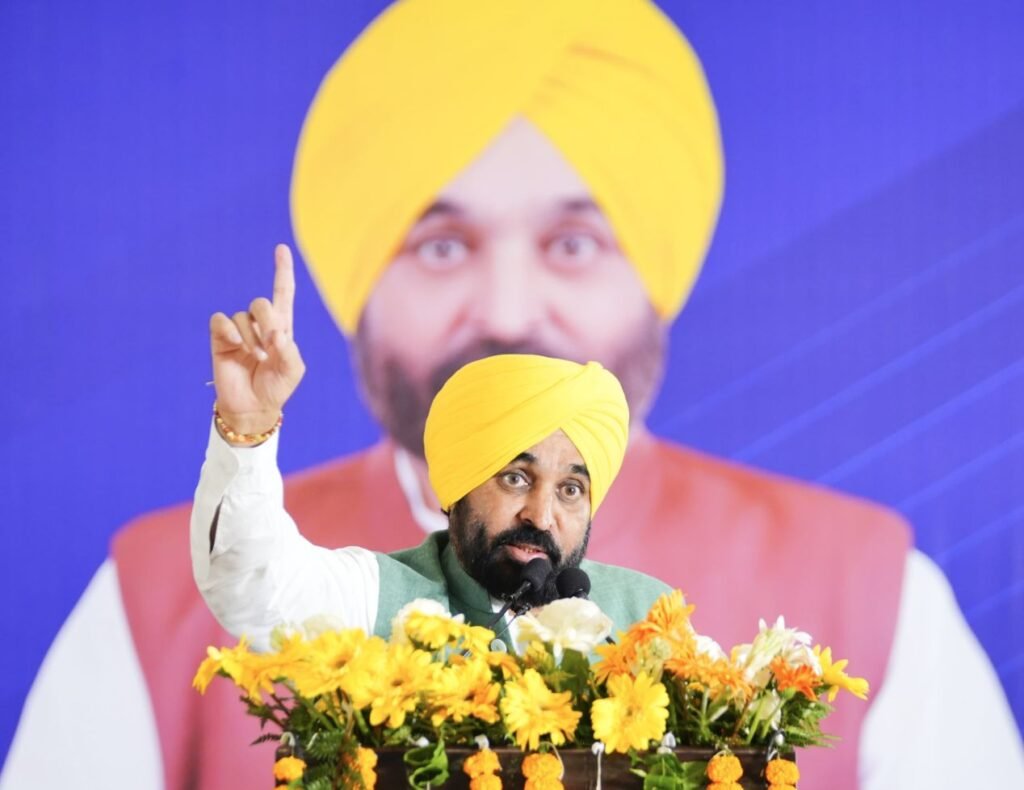In what marks a significant turning point for urban policy in northern India, the Punjab government has officially withdrawn its widely debated land pooling scheme. Originally designed to fast-track urban growth by aggregating more than 65,000 acres for development, the policy quickly became a flashpoint for state-wide agitation. At the heart of the controversy were deep-seated fears among farmers, rural households, and opposition voices that the policy could erase livelihoods and perpetuate historical inequalities, especially as the provisions for compensating and rehabilitating the landless were vague at best.
Matters escalated after the Punjab and Haryana High Court stayed the implementation earlier this month, raising red flags over the state’s lack of proper social impact assessments and clear resettlement measures. Grassroots protests had already galvanized political opposition and civil society support, underscoring how central land—and the question of who gets to benefit from development—remains to Punjab’s identity. The government’s reversal is seen by many commentators not just as a political retreat but also a powerful reaffirmation of democratic checks and participatory governance in contemporary India.
For the AAP administration, the setback reopens challenging questions about the future of urban expansion and rural security in Punjab. Policy think tanks and economic analysts alike are now urging the state to craft land reforms that balance growth with justice, and government circles concede that the episode will shape legislative approaches for years to come.
Hashtags/Keywords: #LandPooling #PunjabPolicy #UrbanDevelopment #FarmerRights #AAPPunjab
